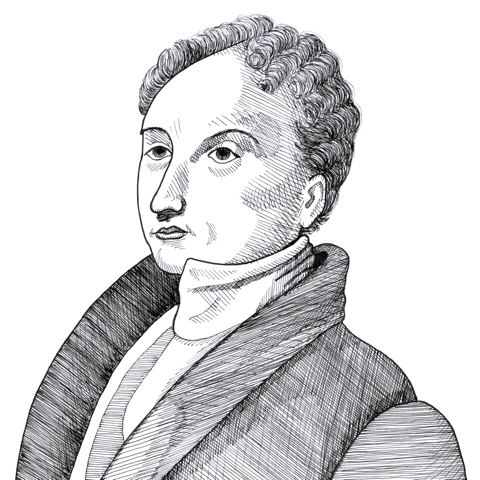Liberty Matters
The Danger of Conformity

In my rejoinder I mentioned a worry about education as means to shaping individuals: conformity. Perhaps I am particularly interested in this now because I have been reading page proofs of the correspondence between John Stuart Mill and Harriet Taylor, the woman who would eventually become his wife. Friedrich Hayek collected that correspondence and, in 1951, published the extraordinary edition that, as I argue in my Editor’s Introduction, began a new era of Mill scholarship.[89] Hayek took a great interest in the major influences on J. S. Mill, including James Mill, Gustave D’Eichthal, and Harriet Taylor. He decided to include Harriet’s 1832 essay, “On Conformity,” in his collection. Many will know the story of their relationship. It cost them dearly, as John Stuart became estranged from his family following their marriage; and the couple gradually withdrew from many of their friendships and acquaintances.
The follow passage is perhaps relevant to our discussion:
The root of all intolerance, the spirit of conformity, remains; and not until that is destroyed, will envy hatred and all uncharitableness, with their attendant hypocrisies, be destroyed too. Whether it be religious conformity, political conformity, moral conformity or social conformity, no matter which the species, the spirit is the same: all kinds agree in this one point, of hostility to individual character, and individual character if it exist at all, can rarely declare itself openly while there is, on all topics of importance a standard of conformity raised by the indolent minded many and guarded by a fasces of opinion which, though composed individually of the weakest twigs, yet makes up collectively a mass which is not to be resisted with impunity.[90]
Endnotes
[89.] See Hayek on Mill The Mill-Taylor Friendship and Related Writings (Chicago: University of Chicago Press, 2014), p. xix.
[90.] “On Conformity,” in Hayek on Mill, p. 264.
Copyright and Fair Use Statement
“Liberty Matters” is the copyright of Liberty Fund, Inc. This material is put on line to further the educational goals of Liberty Fund, Inc. These essays and responses may be quoted and otherwise used under “fair use” provisions for educational and academic purposes. To reprint these essays in course booklets requires the prior permission of Liberty Fund, Inc. Please contact oll@libertyfund.org if you have any questions.